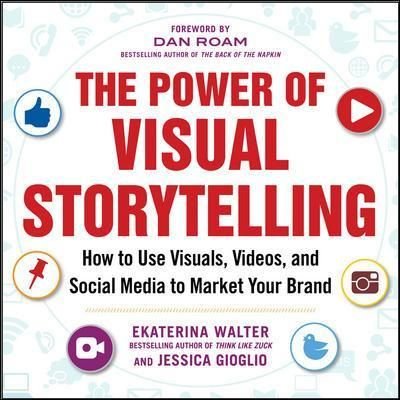Publications bridging the gap between brand management and communication management very often focus on product brands. In his dissertation, the author uses corporate brands as the starting point rather than product brands. Both a - havioural approach (for the purposes of deductively developing a stimul- organism-response framework) and a managerial approach (for the purposes of developing a decision-making model for selecting corporate communication tools) are examined with the results of the behavioural analysis being integrated into the managerial analysis. The author succeeds in dealing with a ?eld seldom explored in such depth in marketing literature in an innovative way. The choice of subject stems from his position in the corporate marketing department of a global automotive company. I wish the book the wide readership it deserves. Prof. Dr. Ralph Berndt Preface In competition for prestige it seems only sensible to try to perfect our image rather than ourselves. That seems the most economical, direct way to produce the desired result. Accustomed to live in a world of pseudo-events, celebrities, dissolving forms, and shadowy but overshadowing images, we mistake our shadows for ourselves. To us they seem more real than reality. Why should they not seem so to others? Daniel Boorstin, The Image This research was initiated and completed during my ?ve-year tenure at the G- man-American automotive company DaimlerChrylser AG. The company funded and supported my participation in the doctoral programme of the University of Tübingen as an external doctoral candidate.












